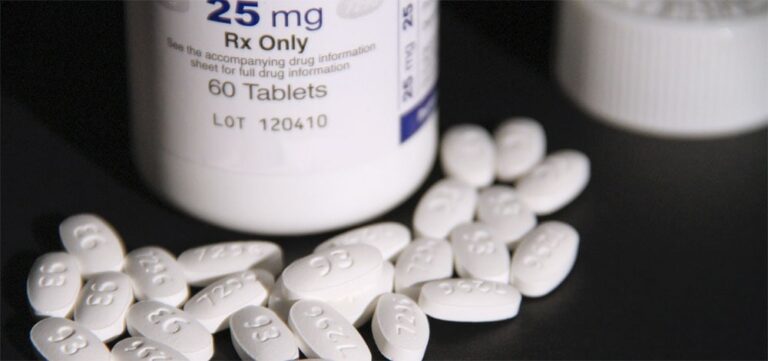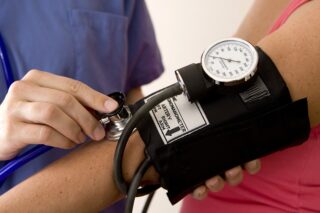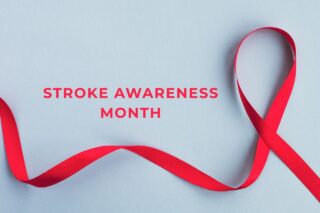
Beta blockers, normally taken for high blood pressure and other heart issues, have been known to cause weight gain in a significant number of patients. According to the Mayo Clinic, the average weight gain that can be directly attributed to the medication is 2 to 4 pounds. So why do so many patients complain about stubborn weight gain, month after month, and a difficulty losing the excess poundage? The answer may lie in the way the drugs affect your body.
Why Does This Happen?
The older types of beta blockers, especially atenalol and metroprolol, cause fat to accumulate in the belly area. This trend begins in the first few months of treatment. The real problem begins with the other reactions the body has. Beta blockers lower metabolic rates, which means you’re burning fewer calories. They calm the body and reduce fidgeting, which can lower your calorie deficit by a couple of hundred a day. Finally, they give a body a feeling of weariness, reducing endurance and the actual desire to exercise.
What Can You Do?
It may seem as if the odds were stacked against you when you take these medications. You burn off fewer calories, and you want to exercise even less than before. Even if you ate a healthy amount of food before starting beta blockers, you may find 3 to 5 pounds creeping on every month. With the increased health risks that accompany weight gain, just accepting the problem is not the answer. You’re going to have to get proactive with your weight, no matter how little it mattered before.
- Keep a food diary for two weeks, tracking everything you eat and drink. Use this to find your average daily calories.
- Cut your average calories by 250 per day. This may be simpler than it sounds, if you look at your average menu. Cutting out sodas alone can accomplish this goal.
- Take a walk, play with children, walk the dog, play basketball, or do some sort of movement that adds up to 250 calories each day. Use a site such as CaloriesPerHour to determine what you burn off. Check with your cardiologist to get suggestions for safe exercises for you.
It’s not easy, and it may never be the natural process you used to enjoy, but achieving and maintaining a healthy weight is possible while taking beta blockers. You’ll need to develop new habits, and find new motivation, but weight gain isn’t inevitable.
If you have any questions about beta blockers or any other aspect of heart health, contact Dr. Dilip Mathew in the Tampa Bay and Sarasota area. Dr. Mathew specializes in treating AFib through ablation therapy. With two offices in the west Florida area, Dr. Mathew and Heart Rhythm Consultants, P.A. are ready to answer any AFib concerns you may have.



